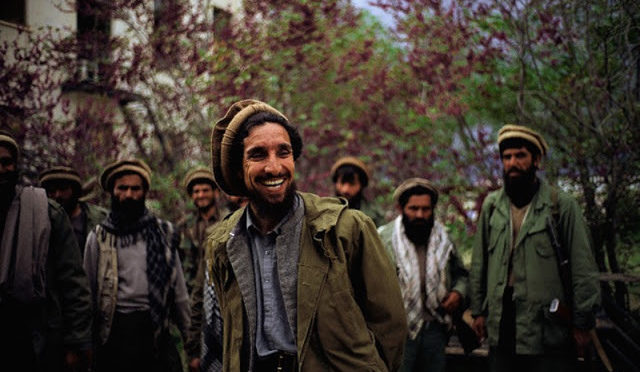Source: Guardian
Twenty years ago, 19 men flew commercial planes into New York’s Twin Towers and the Pentagon in Washington DC. A total of 2,977 people died and several thousand others were injured. The world watched as the United States was attacked on its own soil by hijackers with the singular mission of ending human life.
In addition to planes, the terrorists, who claimed to be acting in the name of Islam, hijacked the religion of more than 1.8 billion people.
Muslim Americans endured years of racism at best, and hate-filled violence at worst. Mainstream political pundits lambasted Islam and its followers. Many women permanently removed their hijabs in the hope of evading domestic terrorism at the hands of ignorant strangers. Muslim communities were subjected to government surveillance in their mosques, homes, schools and places of work.
Here, Muslim Americans in the arts, politics, healthcare, education and the media speak about life over the last two decades and the permanent repercussions of that single moment.
Read the full article (Guardian)

